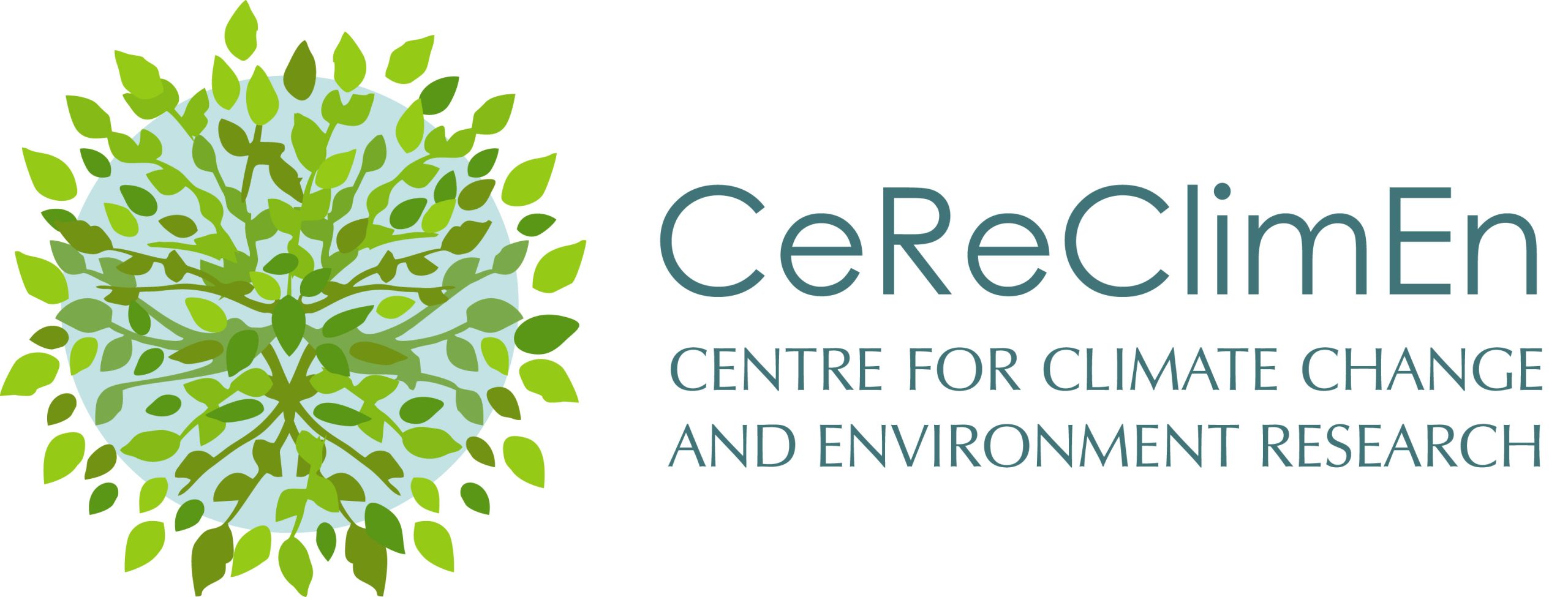PLENARY SPEAKERS
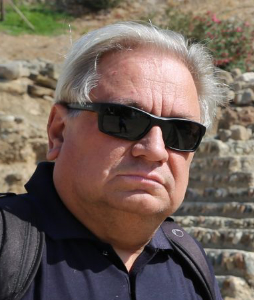
Institute of Geography and Spatial Organization of the PAS
Committee of Geographical Sciences of the PAS
Warszawa, Poland
Prof. Marek Degórski, Ph.D. D.Env.
Polish Geographer who specializes inter alia in soil geography, especially in studying the interdependencies between elements of the geographical environment.
Plenary lecture
Socio-economic challenges and implementation of proposed solutions in the context of quality of life in areas most sensitive to climate change
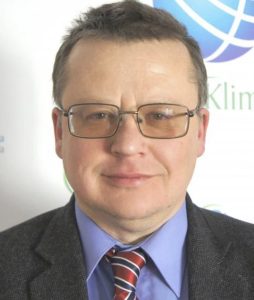
Warsaw University of Life Sciences
Warszawa, Poland
Assoc. Prof. Zbigniew Karaczun, Ph.D. D.Env.
Polish Sozologist, whose center of interest focuses on ecological policy, environmental management, sustainable development of rural areas, as well as managing climate protection and adaptation to climate change.
Plenary lecture
The impact of climate change on agriculture and food security
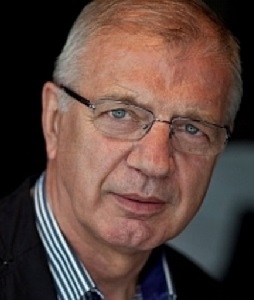
Adam Mickiewicz University, Poznań, Poland
Prof. Andrzej Mizgajski, Ph.D. D.Env.
Polish Geographer, and former Deputy Minister of the Environment, whose main research interest is environmental management as a field of integrated geographic research, additionally deals with, inter alia, the ecology of the city and urban areas, including the inclusion of an ecosystem approach to control the development of agglomerations.
Plenary lecture
Climate change – between science, ideology and politics
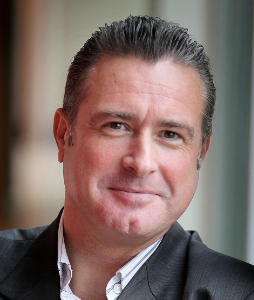
Katholieke Universiteit Leuven, Belgium
Maria Curie-Skłodowska University, Lublin, Poland
Prof. Stefaan Poedts, Ph.D. D.Sc.
Belgian Mathematician specializes inter alia in studying and forecasting space weather and solar winds that affect life on Earth and telecommunications.
Plenary lecture
Solar weather and solar climate versus earth climate
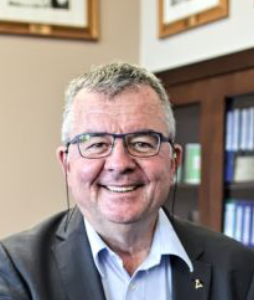
Katholieke Universiteit Leuven, Belgium
Maria Curie-Skłodowska University, Lublin, Poland
Prof. Jean Poesen, Ph.D. D.Sc. Dr.H.C.
Belgian Geographer, whose research focuses on a better understanding of mechanisms and factors controlling land degradation, natural hazards, and the impact of humans on landscape evolution in temperate humid, Mediterranean, and tropical environments, as well as on the optimization of soil and water conservation techniques and resilience with respect to natural hazards.
Plenary lecture
Impact of expected climate change on geomorphic process intensities and related land degradation
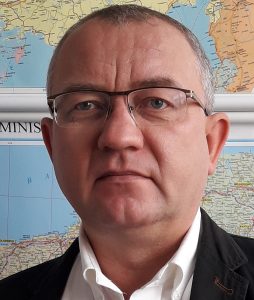
Institute of Geography and Spatial Organization of PAS
Warsaw, Poland
Prof. Przemysław Śleszyński, Ph.D. D.Env.
Polish Geographer who is engaged, among others, in population research (including miation), regional and local development, transport geography, electoral geography, landscape aesthetics, spatial planning, he also has experience in the development of important and strategic government documents related to spatial and regional development.
Plenary lecture
Challenges of spatial planning and development in Poland in the face of climate change
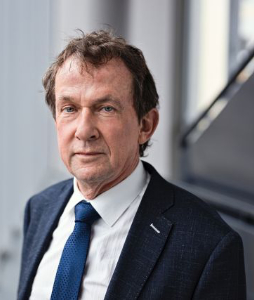
Universiteit Hasselt, Belgium
Maria Curie-Skłodowska University, Lublin, Poland
Prof. Jaco Vangronsveld, Ph.D. D.Sc.
Belgian Biologist with a long-lasting research experience inter alia in studying the physiological, biochemical, and molecular aspects of abiotic stress in plants.
Plenary lecture
The use of an Ecotron infrastructure to investigate the effects of climate change on above- and below-ground ecosystem processes
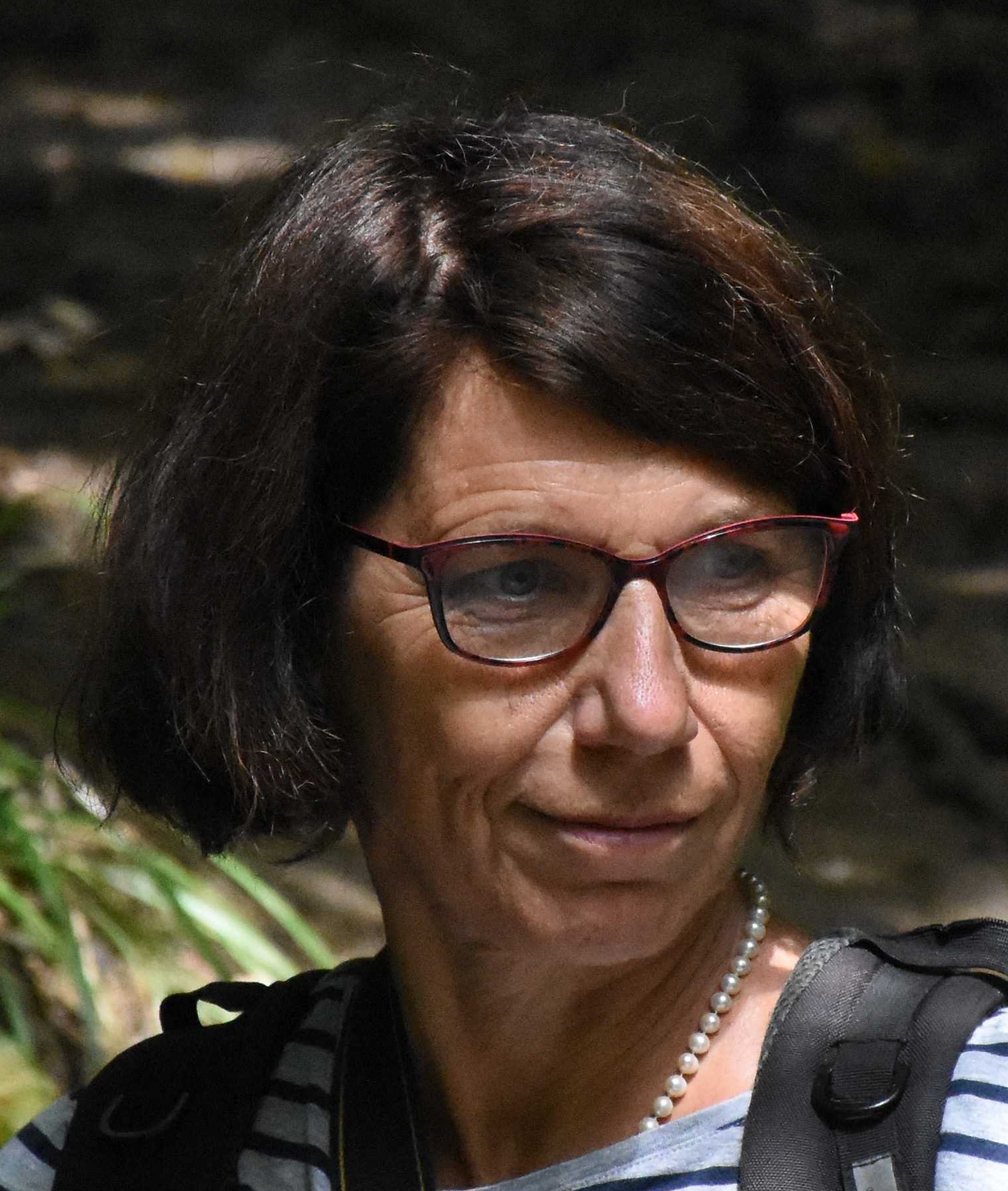
University of Lodz, Łódź, Poland
Prof. Joanna Wibig, Ph.D. D.Env.
Polish Climatologist, whose research focuses in the field climate and its variability, extreme weather and climate phenomena, especially the impact of atmospheric circulation on other climate elements.
Plenary lecture
Climate in Poland, contemporary changes and future perspectives
